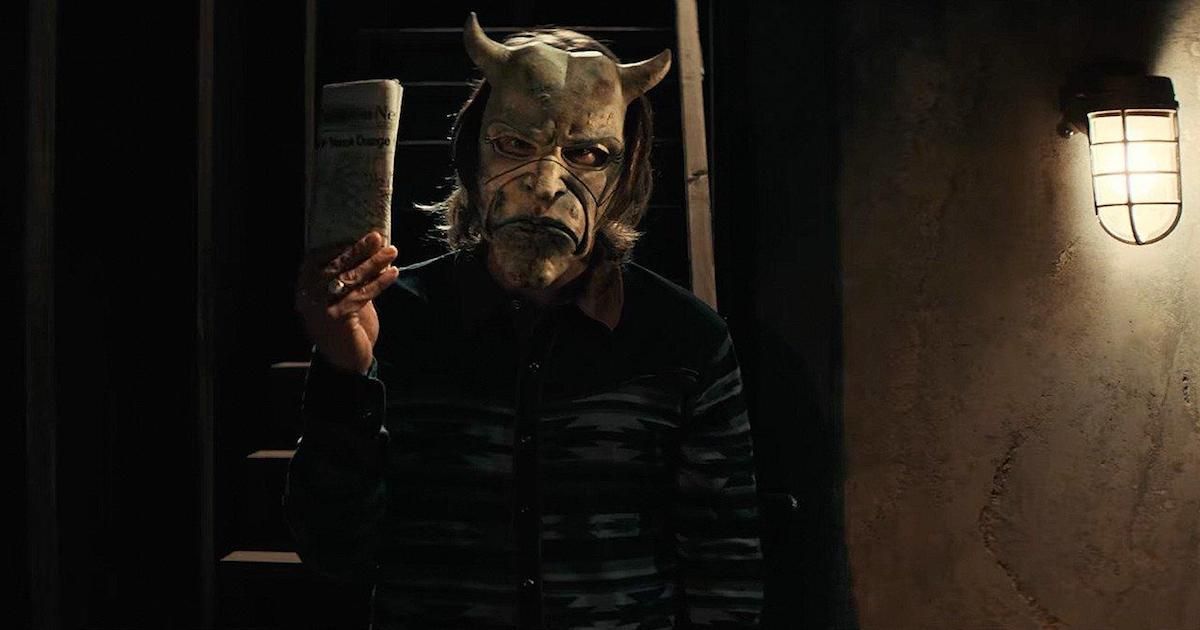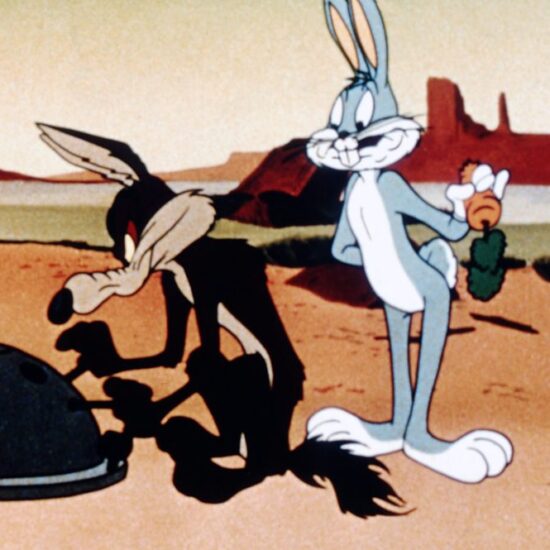
The “based on true events” card that often appears on film credits, during the opening or when the credits roll, can easily determine the film’s success. Audiences thrive on the hint that what they’re about to see is a recreation of something that actually happened. When it comes to drama films, it doesn’t really affect the box office. But if these words appear on a horror film’s marketing campaign, chances are people will throw themselves at the chance of seeing a fictionalized version of something horrible that happened. With Scott Derrickson’s The Black Phone, something very curious happens.
It’s as if people need this one to be true. No matter how many times we confirm it was actually based on a fiction story written by Joe Hill, people will still wonder if Hill took something from life itself. As wicked as his father sounds, we can’t imagine he went through something like this.
However, there is something true about the story, and Derrickson has been quite vocal about it. You don’t even have to research to see if there’s an element of truth in the villain’s motives and artistic aspect. During the ’70s, these kinds of monsters existed, killed, and roamed the streets every night looking for more. Some of them were never caught. So, how much of The Black Phone is true? Let’s find out.
Yes, Some of the Story Is Inspired by True Facts
The key point is the story by Hill. In it, the villain is completely different and much more reminiscent of someone that really existed. He’s an obese man dressed up as a clown. He’s also insecure about his acts and most of what we know of him comes from the interaction with Finney. An obese clown? Doesn’t that ring a few bells? How about we add the fact that he was able to perform magic to get the attention of his victims?
John Wayne Gacy is probably what drove Hill to go for this when he wrote the story long ago. For the film adaptation, Derrickson and co-writer C. Robert Cargill turned the fat clown into The Grabber, because using clowns would be an overkill considering the success of other horror films where clowns were the bad guys. They also made sure to add a few facts about the M.O. of some notorious serial killers of the ’70s. Add a horrible collection of masks, and you get an unforgettable villain that made us forget if The Black Phone was based on the acts of a real serial killer. It didn’t have to. We were already terrified when he snatched Finney under an ocean of creepy balloons.
Other true facts inspiring the film have to do with an area in Colorado where Derrickson grew up in. The streets were violent, and bullying was a daily part of your life. In fact, he has admitted in the past that he left out of the film some of the most traumatic events he had to witness. It also doesn’t help that Derrickson grew up in a violent household. This was incorporated in the first act as a way to build a backdrop of what Finney was already going through before becoming the next potential victim.
Does It Matter If The Black Phone Is Based on a True Story?
At this point, you probably know the plot in The Black Phone contains a supernatural element that allows the lead character to fight The Grabber, the monster played by Ethan Hawke in an impeccable performance that gave everyone goosebumps. It’s safe to say this was taken directly from Hill’s short story and nothing that happened in real life.
Nevertheless, the circumstances are chilling. Finney comes from an abusive home, and his sister Gwen is subjected to a sort of punishment that left audiences speechless when they realized this wasn’t directly linked to the real menace in the film. Before he gets abducted, Finney actually is the victim of an act by bullies that feels excessively violent and realistic. It’s incomparable to what was possibly going to happen to him if he hadn’t stood up to the killer, or if he hadn’t listened to a very important piece of advice from a ghost. And yes, it doesn’t get any more real than what your imagination can come up with if you give this more thought.
The events can’t be directly associated with a crime that took place in America in the ’70s. But it doesn’t make the essence of the crimes easier to digest. We can only imagine what those poor kids had to suffer when The Grabber achieved his goal in the past. You only have to look up the serial killers of that era to see that what inspired Derrickson and Hill is much more terrifying than anything the film showed in the final cut. So, next time you wonder if The Black Phone is based on a true story, just google John Wayne Gacy or Dean Corll (The Candy Man), and you’ll get a dose of reality that truly inspired the horrible murders The Grabber was capable of. When Gacy was caught, more than 20 corpses of young boys were found in his basement. They all showed signs of torture and sexual abuse.
You can stream The Black Phone on Prime Video.







.jpg)






